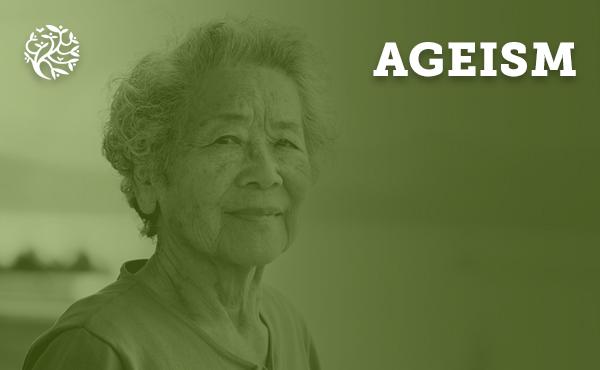Public transport isn’t good enough for older people and those living with a disability.
“I’ve had a few bad experiences with bus drivers pulling away before I’ve reached a seat. I have to cling to an upright and scream for him to stop. I’m 67 – it’s very undignified,” says Susan.
Susan’s story is just one of many that we’ve heard during the planning and launch of our Transport campaign, #LetsGetOnBoard. Our campaign is calling on the government to do more to improve journeys for disabled people.
Having accessible journeys can make the difference between getting out to volunteer and seeing family and friends, instead of feeling isolated and excluded from community life.
Travelling by public transport requires a certain robustness
At the moment, poor public transport means it can be a stressful and humiliating experience.
Travelling by train requires certain robustness. It’s one thing when you’re younger and more confident. But as we all get older, that confidence can diminish.
According to the UN, the combination of ageing populations and the higher risk of disability in older people means more members of the population will be affected by disability.
People must be able to trust public transport so they can carry on with their lives, leave the house when they want, travel where they choose.
More than 46 per cent of older persons – those aged 60 years and over—have disabilities and more than 250 million older people experience moderate to severe disability.
Reliance on public transport is set to increase
Looking ahead, the global trends in ageing populations and the higher risk of disability in older people are likely to lead to further increases in the population affected by disability.
Sign our Demand better train travel for disabled people petition now and demand that public transport gets better.
Sophie Lock is the Campaigns Officer at Leonard Cheshire.
Have you been affected by any of these issues?
If you have been affected by any of the issues described in this blog, or simply need someone to reach out to, you can call Independent Age’s freephone helpline for information and advice on 0800 319 6789.
The views and opinions expressed in this article are those of the author and do not necessarily reflect the policy or position of Independent Age.
